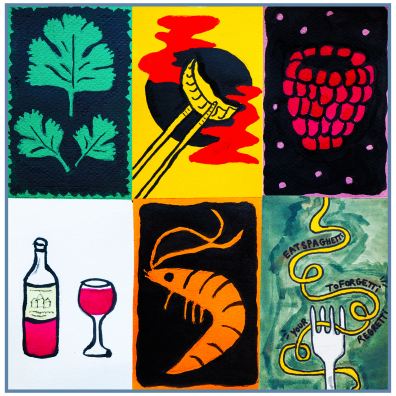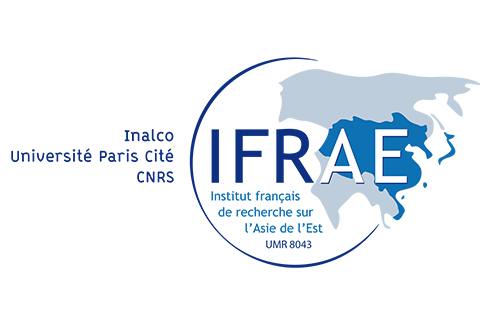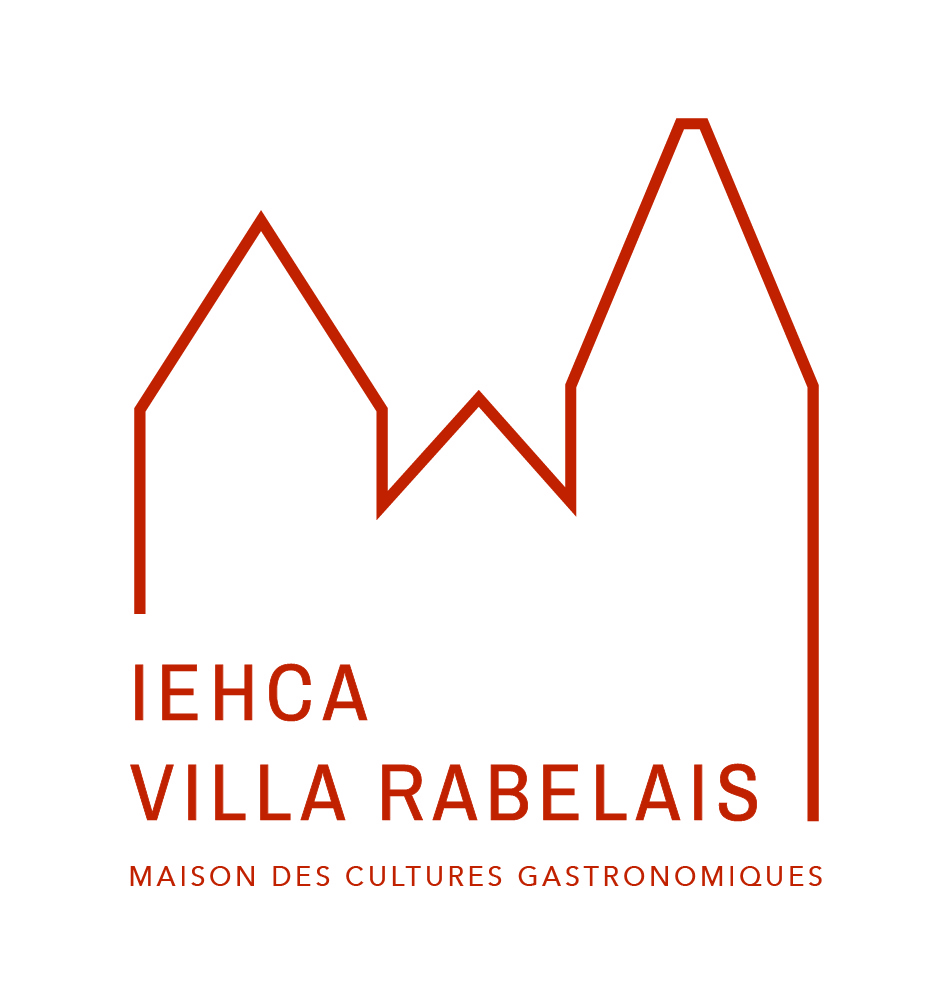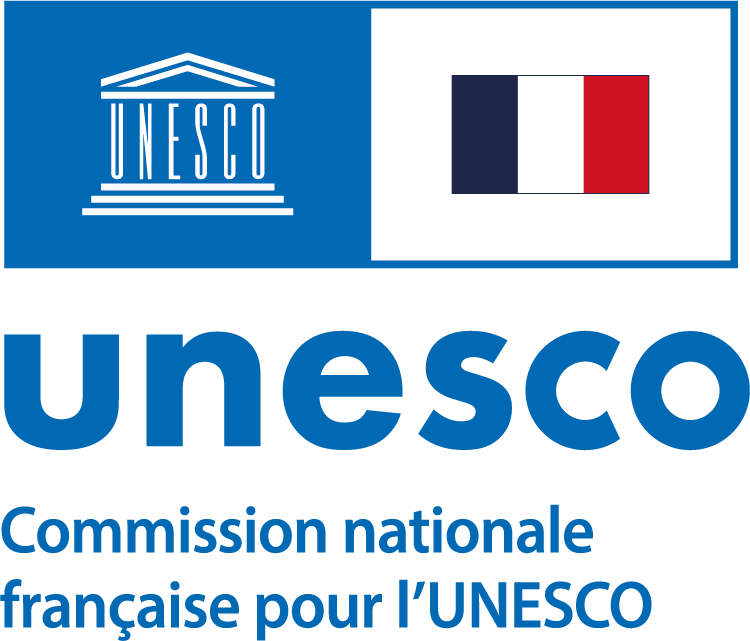The Intangible Cultural Heritage Days 2024 (ICHD) - Culinary and food practices

The "Intangible Cultural Heritage" (ICH) defined by UNESCO in October 2003 recorded eating habits and culinary practices for the first time in 2010. France was the first to register its "gastronomic meal", followed by other countries such as Japan, Greece, Italy, Kenya, Senegal and, more recently, Peru and Lebanon. To date, 18 countries and 5 regions have had their culinary and food heritage registered with UNESCO.
Culinary practices distinguish humans from animals, for of all species, only humans transform natural foodstuffs into cooked dishes, either to make them edible or to change their taste. Cutting techniques, cooking, seasoning, preserving food - all these processes are at the root of the transmission of family, community and, more recently, national identities. Thus, cooking has become much more than a means of subsistence, and has asserted itself as a means of cultural and social expression in all human societies on different scales, whatever the continent or geographical area.
The same is true of eating practices. Eating is far from a trivial act characterized solely by its functional aspect. The codification of the order of the dishes, the use of crockery and cutlery, the rules of etiquette; all these are malleable from one culture to another and from one social space to another.
From their fundamental aspect to life as well as to cultural expression, our kitchens like our food are at the foundation of our societies. Economy, hygiene and health, environment, cultural symbolisms, social distinctions, human exchanges and transmissions are all ways of approaching this fascinating subject, which still remains too little explored in French academia, particularly in areal studies.
In 1995, Inalco published Cuisine d'Orient et d'ailleurs : traditions culinaires des peuples du monde, a book both scientific and practical containing numerous recipes from the cultural areas taught within the establishment. Thirty years later, Inalco is organizing its Journées du patrimoine culturel immatériel (Intangible Cultural Heritage Days), which will focus on the theme of culinary and food practices for its second edition. UNESCO representatives, academic researchers and specialists, chefs, committed associations, freelancers and celebrities from the culinary world will be on hand for a series of round tables, evening events and fun workshops, where academics and the general public will be able to freely exchange views on a subject that concerns us all.
Scientific referent: Alexis Markovitch, PhD student in Japanese history at Inalco (IFRAE)
Program subject to change.
Schedule for Wednesday, October 2, 2024
Schedule for Wednesday, October 2, 2024
Auditorium - 10h00 - ICH launch
By Rima Sleiman, Vice-President of Research at Inalco and Alexis Markovitch, scientific referent for this edition.
Auditorium - 10:10 - 11:00 am - Introductory lecture
Notions and issues of intangible cultural heritage
By Ana Gonzalez Medina, Program Specialist, Culture Sector, Living Heritage Entity at UNESCO.
En savoir plus
Auditorium - 11h15-12h45 - Round table
Patrimonialization of gastronomy
This round table will discuss the process of patrimonialization of culinary and food practices, initiated by the inscription of the French gastronomic meal on Unesco's intangible cultural heritage list in 2010. Speakers will explore the benefits of preserving cultural practices in the face of globalization, as well as the conflicts and tensions that can emerge from this process of patrimonialization.
Find out more
Auditorium - 2pm-4pm - Round table
History and traditions
This round table will address the constant evolution of culinary and food practices in human societies, influenced by cultural exchanges, shared knowledge and the introduction of new foods. Speakers will examine the notion of "tradition" from a historical perspective, analyzing various examples of culinary and food transformations through sources such as recipes, advertisements, literature and iconographic representations.
Learn more
Auditorium - 4:30-6:30pm - Round Table
Transmissions
This round table will examine how cooking and eating, as practices based on human exchange, play a central role in the transmission of knowledge, techniques and traditions across various generations and social contexts. Speakers will explore the different ways in which the process of culinary transmission manifests itself, highlighting the importance of cooking and eating in understanding human nature.
Find out more
Auditorium - 7:00-9:30pm - Screening followed by discussion
Ayi - Marine Ottogalli (France), Aël Théry (France) - 69'
This documentary film tells the story of Ayi, a woman from China's rural eastern province who makes a living illegally from her street food in Shanghai, while struggling to survive in the face of municipal police and the imminent destruction of her neighborhood. During the evening, Aël Théry, one of the film's directors, will discuss the complex issues surrounding street food in China with two guest anthropologists. This film won the "First Film Award" at the Jean Rouch Festival 2020.
Find out more
Club - 3:00-4:00 pm - Presentation Japanese sharpening stones
Marina Menini, Japanese sharpener and cutlery consultant, will give a presentation on the sharpening stones used in Japanese cooking. She will cover the following concepts:
- The diversity of natural stones and the uniqueness of ultra-fine stones in Japan and their link to different crafts, including cooking.
- The synthetic stones more commonly used today and the change they bring via the tool in the world of cooking around the world.
- The relationship to the tool through sharpening.
Number of places limited, registration: View e-mail
Room 5.06 - 2:00-3:00 pm - Spice workshop by chef Alexandre Bella Ola
Africa is naturally divided into two large parts by the Sahara desert. Maghreb or White Africa around the Mediterranean and Sub-Saharan Africa or Black Africa between the Indian and Atlantic Oceans. This workshop will focus on Sub-Saharan Africa. The cuisines of this part of the continent are little-known, and are organized around two main geographical zones: the Sahelian zone and the forest zone. These two zones are subdivided into four cultural zones: West Africa, Central Africa, East Africa and South Africa.
This workshop will address the main ingredients that characterize these cuisines: cereals and legumes (groundnuts, fonio, millet, beans, cowpeas, sorghum, teff, maize, rice), tubers, vegetables and fruits (cassava, macabo, taro, yam, papaya, safou, sweet potato, plantain, okra, African eggplant, banana fruit, giraumont), spices and others (chili, ginger, vegetarian chili, baobab seeds, soumbala, yet, djansang, pébè, bissap, cola, kinkéliba, palm oil).
First 30-minute workshop at 2pm and second at 2:30pm. Workshop reserved for Inalco students and staff only. Registration at : View e-mail
Hall du 2 - 11am to 3pm - Librairie Le Phénix
The librairie Le Phénix, specialists in China and Asia, will present a selection of books related to cooking and food.
Hall du 2 - 11am to 3pm - Japon Infos
The media Japon Infos offers a different look at the Japanese archipelago.
Hall du 2 - 11am to 2pm - Student association tasting stands
Schedule for Thursday, October 3, 2024
Schedule for Thursday, October 3, 2024
Auditorium - 10:00am - 12:00pm - Round Table
Cooking and Health
This round table will explore how different societies and cultures have historically approached the link between food, cooking and health, considering cooking as an early form of medicine. Speakers will present various examples illustrating food associations, meal structures and the specific virtues attributed to certain foods with the aim of improving long-term health.
Find out more
Auditorium - 2:00 pm - 4:00 pm - Round Table
Migrations
This round table will discuss the importance of culinary and food practices in cultural identities and how they are transported and adapted by human groups during migrations. Speakers will explore the strategies employed by communities to preserve and enhance their culinary heritage in foreign lands, thus enriching the local culinary landscape.
Find out more
Auditorium - 4:00 pm - 6:00 pm - Round table
Sustainable development
This round table will address current issues linked to our food consumption patterns, including climate disruption, globalization of transport, overproduction and the unequal distribution of food. Speakers will share their research and actions aimed at developing sustainable and innovative food practices to ensure a better future.
Find out more
Auditorium - 7:00 pm - 9:30 pm - Closing evening
Discussion between poet and author Ryoko Sekiguchi, and Karim Haïdar, chef, author and poet. Moderated by Emil Pacha Valencia, editor-in-chief of Tempura magazine.
Find out more
Hall du 2 - 11:00 am - 2:00 pm - Student association tasting stand
Hall of 2 - 11h00 - 13h00 - Morgane Guerry culinary drawing workshop
Morgane Guerry, an illustrator specializing in color, invites you to an original drawing workshop. You'll be able to draw your most beautiful gustatory madeleine de Proust in colored ink: dishes from your childhood, places where you cooked as a child, delicious cakes... Dishes loaded with pigments to create a series of original minis.
Feel free to bring your own inspirational photos and visuals. All necessary materials will be available on site, beginners and budding artists welcome.
Workshop free of charge and without registration.
Hall du 2 - 11am to 3pm - Librairie Le Phénix
The librairie Le Phénix, specialists in China and Asia, will be presenting a selection of books related to cooking and food.
Hall du 2 - 12:00 pm - 2:00 pm - Teachers' tasting stand
Come and meet Inalco's teachers and discover the dishes they have specially prepared for the Intangible Cultural Heritage Days.
Hall du 2 - 4:00-4:30 pm - Chef Alexandre Bella Ola's tasting stand
Aloko is the lingua franca name for fried ripe plantain. This name comes from the Ivory Coast. It is a vegetable that requires cooking before consumption. It should not be confused with the banana fruit we have as a dessert at the end of meals in the West.
The squash seed is one of the French-speaking names for this variety of squash, commonly known as égoussi in the area between Nigeria and Ghana. In the Chef's native Cameroon, the squash seed is known as "pistachio" in urban areas. In the 230 languages of Cameroon, we have as many names for pumpkin seeds.
The taste of these two products is unique. But they are far from symbolizing the flavors of black African cuisines, which are many and varied.
Come and taste these African specialties prepared by the chef: pumpkin seed terrine and Aloko à l'ivoirienne. A gourmet rendez-vous not to be missed!
Exhibition October 2 and 3
Exhibition October 2 and 3
Foyer - 08:00 - 22:00
Photo exhibition - Immersion at the Yucatecan table
It was in winter 2021 that Sarah left her French countryside for the first time and flew to Mexico's Yucatán Peninsula, with the aim of practicing her Spanish. She was welcomed into the home of the Camachos, a Yucatecan family living in Mérida. As a new member of the family, Sarah went to the local market and helped prepare meals, a time for exchanging culinary knowledge and practices, as well as the latest neighborhood gossip. Before long, she takes the opportunity to capture these moments in images, which she now shares in the exhibition.
Discover this exhibition, which summons a personal story mixed with a historical and ethnographic approach.
This exhibition project is supported by the Amériques student association, which from Inalco headquarters organizes scientific and cultural events highlighting the Languages and Cultures of the Americas department.
Under the patronage of the French National Commission for UNESCO.
Event in partnership with the Festival Jean Rouch, the Mission Française du Patrimoine & des Cultures Alimentaires, La Maison des cultures du monde, La Mairie du 13ème, le Musée de l'histoire de l'immigration, Japon Infos, Tempura, Japan Magazine, student associations ADET, ChaiStani and Russinalco.


